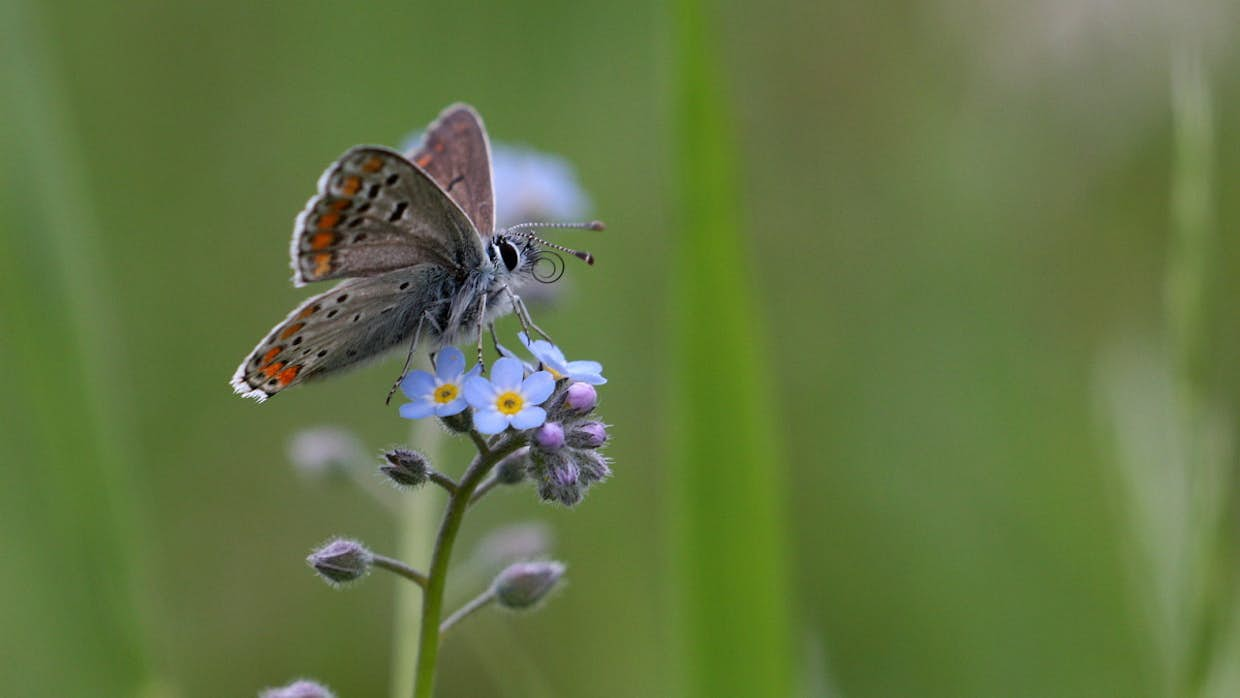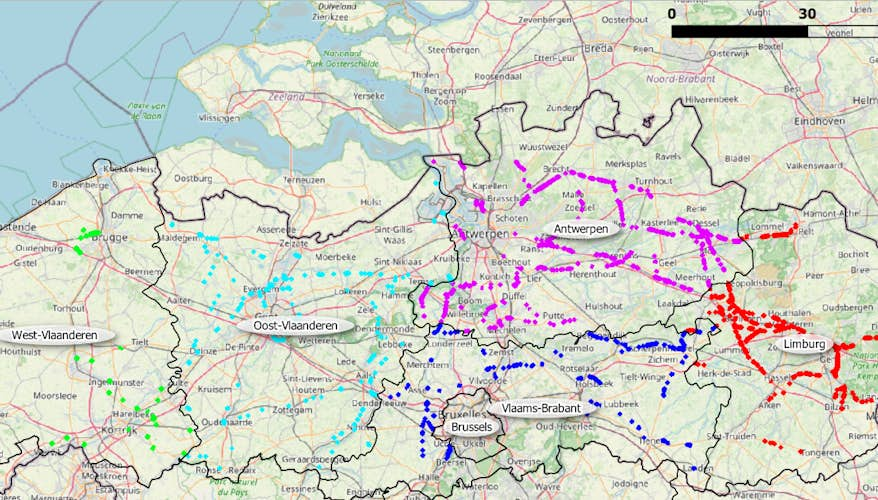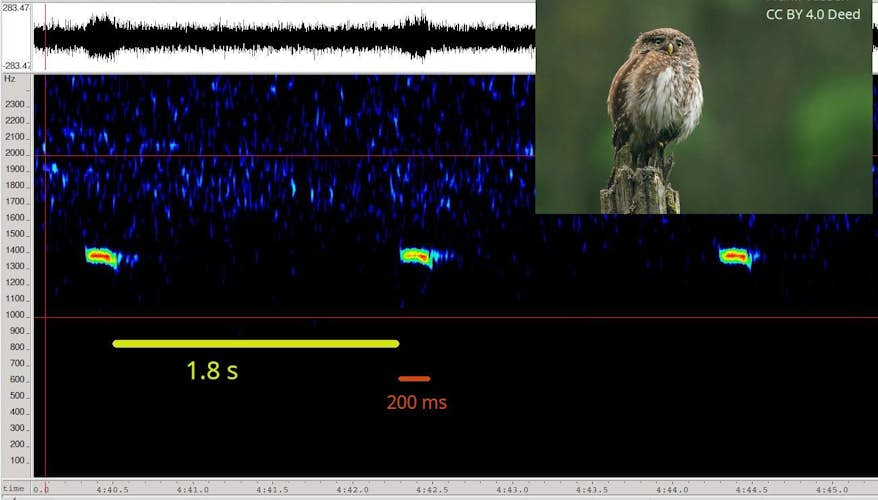- Management plan
- Biological monitoring
Operational monitoring and biological monitoring of LIFE Elia-RTE and Ecological corridors (Elia)
- Skills Long-term management and biological monitoring
- Ongoing Since 2018
- Location Belgium
- 580 ha to be managed on long-term
- 10 year of biological monitoring on the first restored sites
- 8 taxonomic groups aimed by the surveys
The electricity corridors that have undergone ecological improvements as part of the European LIFE Elia-RTE project (2011-2017), as well as those being developed from 2018 onwards (aka Ecological corridors), are monitored by Ecofirst.
This monitoring focuses on technical aspects and consists of ensuring the sustainability of the management implemented on the sites. For example, one of our tasks is to monitor the management agreements signed with third parties to maintain the vegetation in the electricity corridors. More generally, the operations required to maintain the sites are validated and, in some cases, commissioned by Ecofirst.
We also carry out biological monitoring of sites developed in relation to specific ecological issues. This monitoring targets several taxonomic groups : birds, higher plants (botanical inventories), inventories of ponds (botany, odonates), butterflies, orthopterans, chiropterans, reptiles, amphibians and muskrats. The aim of these inventories is to characterise changes in habitats and populations of animal and plant species in order to highlight the effects of developments and changes in management practices on biological diversity. This makes it possible to assess whether the investments made have had, or can continue to have, beneficial effects on biodiversity.
Our expertise at the service of this project :
- Coordination and planning of operational monitoring and reporting to Elia : A. Maebe
- Coordination of biological monitoring : JF. Godeau, P. Nyssen
- Field analysis of operational monitoring : M. Derume, Th. Lefèvre, L. Nivelle
- Biological monitoring on field : P. Nyssen, JF. Godeau, M. Derume, …
- Reporting biological monitoring : P. Nyssen, JF. Godeau, M. Derume



